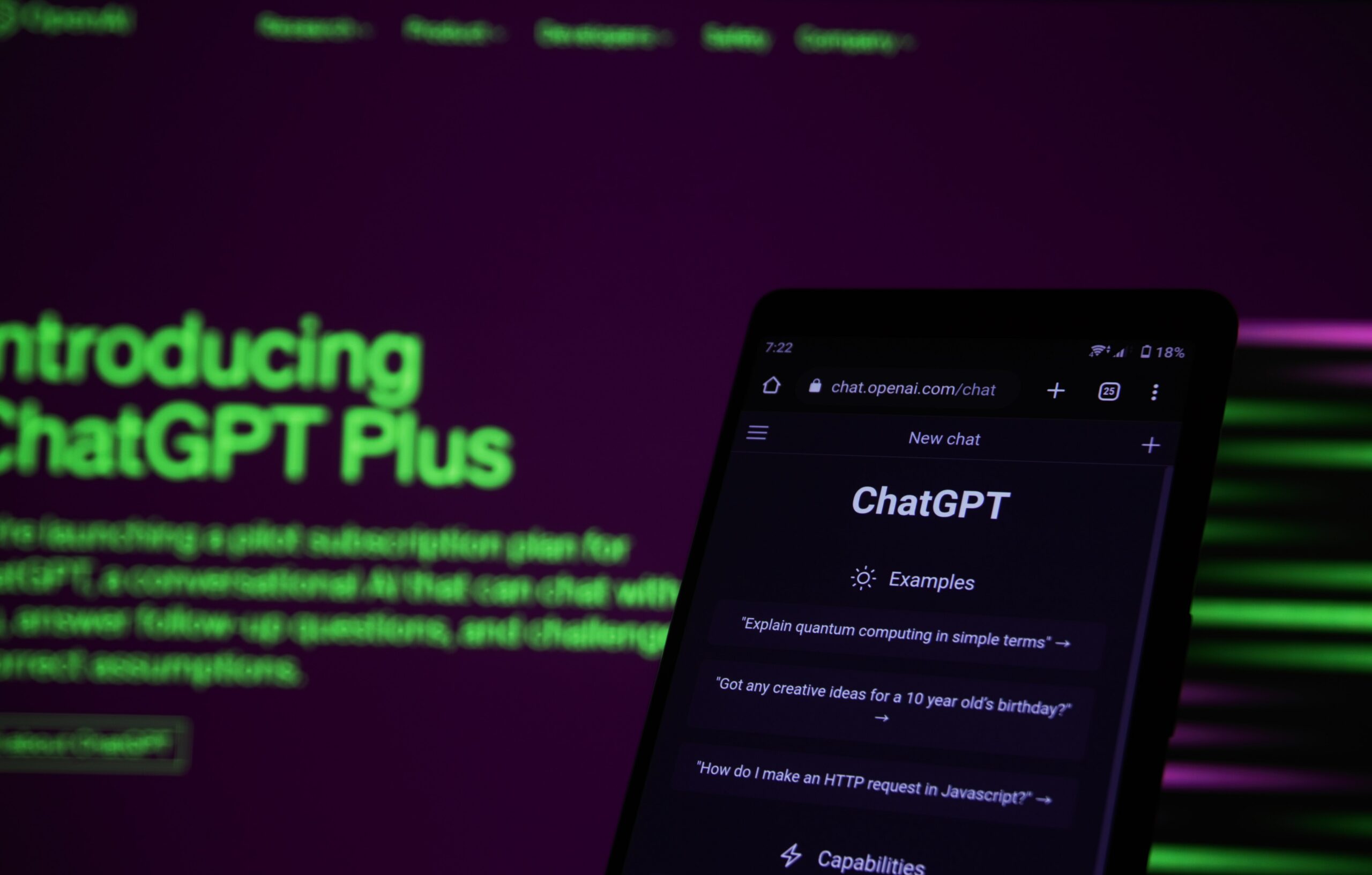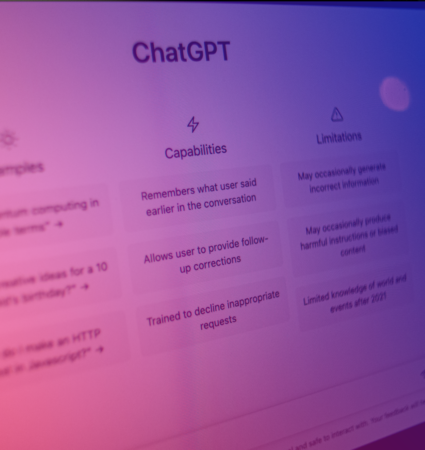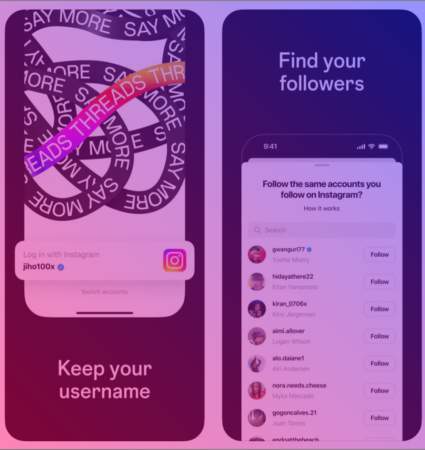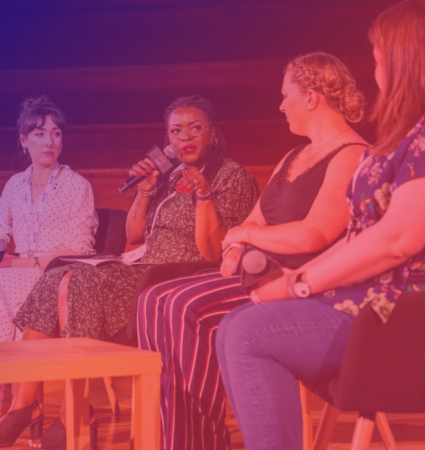Do human content creators really still matter in the age of AI?

It’s just after 5am on a summer’s day. As dawn steals a peek through the crack in your curtains, the sound of birdsong fills the air outside.
Close your eyes and describe that noise. Do the birds chatter, chirp or trill? Is it a treat from Mother Nature heralding a day filled with promise, or a downright liberty when you don’t need to be at your desk for another few hours?
Hand 100 people a pen and ask them to commit to paper their thoughts on that exact same experience. Each one will give you a different take. Language will fluctuate, adjectives vary and conclusions wildly diverge. And within that uniqueness lies the beauty of the human experience, as well as the syntax we use to describe it.
The written word really is a wonderful thing. It can evoke powerful feelings and memories, provoke excited, impassioned responses. It’s an elemental, alchemical force. How else to describe the art of convincing someone to part with their hard-earned cash on the strength of an expertly pitched product description?
If only you could bottle it, eh? If only there was a way to have all that articulacy and artistry at your fingertips – a ready and instant source of compelling content that elicits the right responses from the right people at exactly the right time.
In this age of fast-evolving AI it’s easy to believe that moment has come. Take the likes of ChatGPT for a spin and you can’t fail to be impressed with the content it spits out. Especially if you’ve tried previous iterations that arrived to huge fanfare only to end up delivering a steaming pile of gibberish.
Get the prompts right and chances are you’ll end up with something halfway decent. It would be a massive risk to put that output straight onto your site without first checking its accuracy or basic grammatical sense, but only a Luddite would deny that Microsoft’s new plaything can pull off some mean feats of mimicry. There’ll be no ritual trashing of laptops here.
The ability to adapt is key
Every industry’s future hinges on its ability to successfully evolve and adapt in response to the changing world around it. When new technology emerges, it must be viewed through the prism of opportunity. It’s something to be harnessed, its potential demanding to be understood and duly maximised. And it’s no different with artificial intelligence.
What’s crucial, however, is that AI content creation tools are seen as exactly that – tools that can help with the content creation process. Craftsmanship still counts. If ChatGPT is the circular saw, then it’s the human content creator who flourishes the chisel and file.
Why do we know that this human element still matters? Well for a start (and admittedly this is somewhat counterintuitive), the search engines tell us so. Google has spent the last five years of algorithm rollouts and guidance updates striving to create a more human experience when it comes to search.
This has seen a premium placed on content that provides genuine usefulness to the user – see last year’s Helpful Content update and 2018’s EAT guidelines as prime examples. The latter have since had an ‘E’ for experience added to go along with the guiding principles of demonstrating expertise, authoritativeness and trustworthiness in your content. They remain the North Star for content creators worth their salt.
Google hasn’t done this based on a hunch (and this is where it gets a bit more human) but because it can see that this is the content that humans truly connect with and respond to. No surprise then that this is the content it rewards by pushing to the top of page one.
Indeed, Google has now doubled down on this user-centric focus. The recent I/O event revealed Bard will be geared around longer-tail queries than we’ve been used to, striving to provide finely nuanced answers based on specific user need. The brands that benefit will be those that ensure their content provides genuinely useful information – not broad brushstroke responses generated by an AI tool and found everywhere else.
And the importance of that human touch isn’t confined to search. Across every channel, it’s a fundamental part of creating that initial spark of connection with the user and then guiding them through their path to conversion. A joined-up, coherent journey that feels useful, authentic and, most importantly, human.

AI isn’t a short-cut to success
In this context, cookie cutter content that comes courtesy of AI (and remember, is possibly already being used by another brand out there in the big blue yonder) won’t cut it. And although the likes of ChatGPT can help speed production of things like shorter copy elements, they’ll still need an expert eye to hone, correct and perfect them. Chisel and file at the ready.
Of course, it’s easy to see why this prospect of cheap content production can be tempting. But if that’s what you’re looking for then it’s always been available. Spam content and mechanical turks led to earlier algorithm updates to weed out content that was low quality and didn’t deliver true value to the user.
And while cheap content via AI may seem appealing, if it fails to drive genuine performance gains against your brand KPIs then it’s the ultimate in false economies. And crucially, Google’s stance hasn’t wavered on this type of supposed short-cut to success.
In answer to the fundamental question ‘Should I use AI to generate content?’ its guidance is clear: “If you see AI as an essential way to help you produce content that is helpful and original, it might be useful to consider. If you see AI as an inexpensive, easy way to game search engine rankings, then no.”
That’s not to say that AI has no part to play in the process of creating high-quality content. The likes of ChatGPT can help in the content ideation process, uncovering related topics and queries that can then inform the final iteration to ensure it delivers maximum usefulness.
Other tools rooted in AI such as Grammarly and Hemingway have already found their way into the armouries of writers and editors looking to make the most of innovations that aid their work. ChatGPT is another that, when used in the right way, can add to their craft but certainly can’t replace it.
Being different matters more than ever
In the age of AI, differentiation has never been more vital to ensure your brand stands out from the crowd. A sorely needed splash of colour amid a sea of monochrome. After all, people buy stuff from brands they identify with – and a big part of that is the language those brands use. It’s using this word rather than that one. Sure, it’s nuanced but it’s also non-negotiable.
The way you speak to your customers articulates who you are as a brand but also who they are as consumers. It’s a sense of belonging to a tribe that reflects your understanding of self, whether it’s who you bank with, the brand of clothing you wear or the airline you fly on holiday with. That differentness matters.
And for all the wizardry at work, there’s a crucial area where AI will always be found wanting. Experience is everything for site users – and also for search engines when they’re deciding what content to serve them.
But AI can’t eat at a restaurant, test drive a car or put a pair of boots through their paces. Nor can it speak to product managers and translate their years of knowledge into sparkling prose that informs and engages, convinces and converts.
High-quality content is born of understanding what makes your target audience tick and then giving them what they want and need at the right times and in the right way to convince them to buy your product or service. AI will continue to evolve and dazzle, but the human touch is still fundamental to making that connection and sealing that deal.




